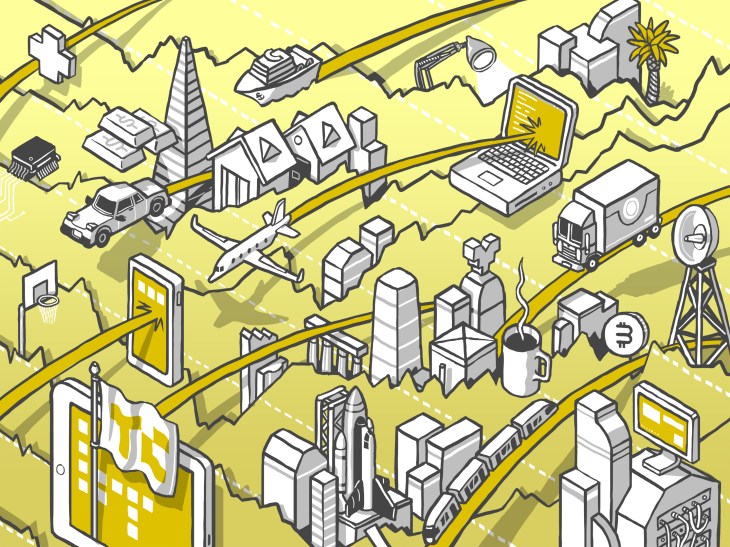Welcome back to The TechCrunch Exchange, a weekly startups-and-markets newsletter. It’s broadly based on the daily column on Extra Crunch but is free and made for your weekend reading. Want it in your inbox every Saturday? Sign up here.
Ready? Let’s talk money, startups, and spicy IPO rumors.
Hello friends, I was out yesterday with what I’m calling Moderna Syndrome. I got whacked by my second vaccine dose, and instead of enjoying a day of eating candy and spoiling my dogs, I spent the entire day on the couch, unable to move. All that’s to say that I missed
ed Coinbase and DoorDash earnings when they came out.
Catching us up, Coinbase met its forecasts that it had previously released (more here), and today its stock is flat. DoorDash, in contrast, beat market expectations and is currently up just over 25%, as I write to you.
But despite huge quarters from each, both companies are far below their recently set all-time highs. Coinbase is worth around $265 per share today, off from an all-time high of $429.54, which it set recently. And DoorDash is worth $145 this afternoon, far below its $256.09 52-week high.
They are not alone amongst recent public offerings that have lost steam. Many SPAC-led combinations are tanking. But while Coinbase and DoorDash are still richly valued at current levels and worth far more than they were as private companies, some startups that took SPAC money to float are not doing well, let alone.
As Bloomberg notes, five electric vehicle companies that SPAC’d their way to the public markets were worth $60 billion at one point. The collection of primarily revenue-free public EV companies has shed “more than $40 billion of market capitalization combined from their respective peaks.” Youch.
And SPAC hype-man and general investing bon vivant Chamath Palihapitiya are also taking some stick for his deal’s returns. It’s all a bit messy. Which, to be fair, is pretty much what we’ve expected all along. Not that there aren’t some SPAC combinations that make sense. There are. But mostly, it’s been more speculative hype than business substance. Perhaps that’s why Coinbase and DoorDash didn’t need to lean on crutches to get public. Sure, the market is still figuring out what they are worth, but that doesn’t mean they are in any real trouble. But consider, for a moment, the companies that have agreed to go public via a SPAC before the correction and are still waiting for their deal to complete.
